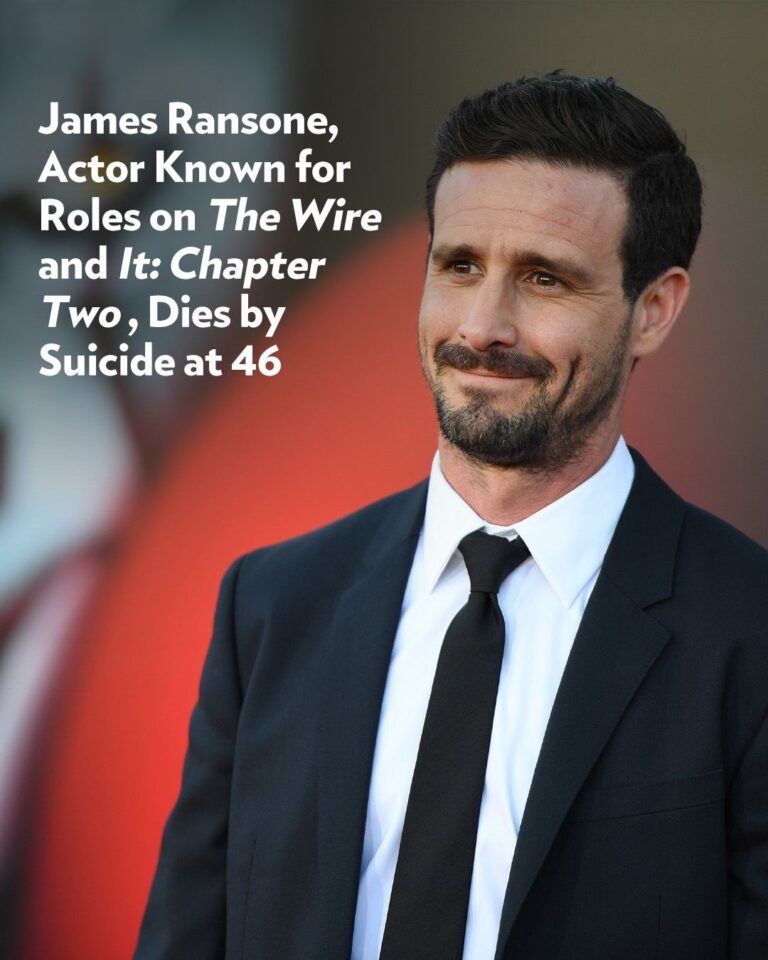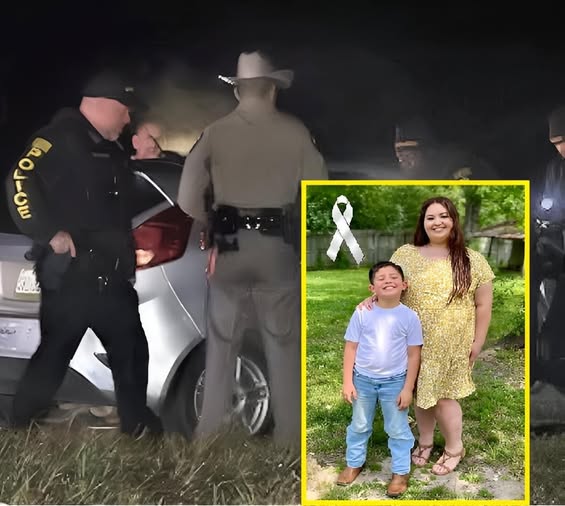Former Friend Drops Chilling Details About Charlie Kirk Assassin
The arrest of 22-year-old Tyler Robinson for the assassination of conservative commentator Charlie Kirk has left Americans shocked and searching for answers. As investigators continue piecing together the suspect’s background, new information has emerged from someone who once knew Robinson well—a former high school friend who says the young man’s radical political views were evident long before the fatal attack.
A Radical Outlier in a Conservative Family
Speaking anonymously to reporters, Robinson’s former classmate described him as a political outlier within his household. “He was pretty left on everything,” the friend said. “The rest of his family was very hard Republican. He was the only one in his family that was really leftist.”
According to the source, Robinson’s political views began shifting dramatically around his sophomore year of high school. What started as strong opinions reportedly developed into something more intense. “He would always just be ranting and arguing about them,” the friend recalled. “It got to the point where you couldn’t talk to him without it turning into some kind of debate.”
The sharp divide between Robinson’s beliefs and those of his family appears to have fueled personal tensions. Investigators are now exploring whether these political differences may have contributed to his eventual decision to target Kirk, who was a high-profile voice for the very ideology Robinson opposed.
From Video Games to Violence
The former friend also revealed details about Robinson’s hobbies, noting that he was an avid gamer. They recalled that Robinson often referenced imagery and symbols from video games in conversation. One disturbing detail came from an engraving found on the bullet allegedly tied to the shooting—a set of arrows that pointed toward a symbol from the game Helldivers 2.
In that game, the arrows are a visual cue for calling in a massive 500-kilogram bomb. The friend explained that Robinson seemed fascinated with this imagery, using it as a kind of signature in his online activity. Investigators have not yet confirmed whether the engraving represents a symbolic connection to the crime, but the parallel is raising questions about how Robinson’s digital life may have blended with his real-world actions.
A Friend’s Shock and Disbelief
Despite recognizing Robinson’s extreme views, the friend admitted that the news of his arrest was still shocking. “I knew he had strong political views, but I never thought it would even go near that far,” they said. The idea that a former classmate—once just another teenager arguing about politics and playing video games—could turn into an assassin left them stunned.
The sentiment reflects what many Americans are grappling with: how a young man from a conservative family, once described as social and engaged, could make the leap from heated political debates to carrying out a deadly attack on one of the nation’s most recognizable conservative voices.
Trump Reacts: Calls for the Death Penalty
Former President Donald Trump weighed in on the arrest early Friday morning, during a live appearance on Fox & Friends. “I think, with a high degree of certainty, we have him,” Trump told the hosts, confirming that law enforcement had taken Robinson into custody just minutes before his interview began.
According to Trump, the arrest came after a family member worked with a pastor and authorities to encourage Robinson’s surrender. “Somebody who was very close to him turned him in,” Trump explained. “It was relayed through a minister who was involved with law enforcement.”
Trump did not hold back when addressing Robinson’s alleged crime. “I hope he’s going to be found guilty, and I hope he gets the death penalty,” Trump declared. “What he did—Charlie Kirk was the finest person and he didn’t deserve this.”
His remarks underscore the gravity of the crime, framing the assassination not only as a personal tragedy but as an attack on the conservative movement itself.
The Shooting: A Calculated Attack
Authorities revealed new details about how the assassination unfolded. According to law enforcement sources speaking to the New York Post, Robinson is believed to have fired a single shot from a concealed, elevated position roughly 200 yards away from the university’s Losee Center, where Kirk was speaking under a large outdoor tent.
The precision of the attack suggests planning and intent, not a random act of violence. Early reports indicated uncertainty about how many shots were fired, but investigators now believe the fatal round was delivered from long range, reinforcing the theory that Robinson carefully scouted the event in advance.
Surveillance footage captured Robinson’s gray Dodge Challenger on campus, while investigators later uncovered Discord chat messages in which he discussed retrieving the gun and coordinating details with an unidentified individual. The combination of digital and physical evidence quickly pointed investigators toward Robinson, leading to his arrest within days of the shooting.
A Movement Mourns
The death of Charlie Kirk has sparked widespread grief within conservative circles. Vigils and gatherings have taken place in multiple states, where supporters shared stories of how Kirk inspired them to speak out, defend their beliefs, and resist cultural pressures.
One student at a rally in Texas described Kirk as “the one voice that made me believe it was okay to stand up for what I believe in.” Others spoke of his tireless advocacy for free speech on college campuses, seeing his assassination as a chilling warning about the dangers of political violence.
Even critics of Kirk have acknowledged the gravity of the crime, with commentators across the political spectrum condemning the use of violence in political disputes.
A Troubling Portrait Emerges
As more details surface about Tyler Robinson, investigators are painting a complex picture of a young man caught between two worlds. On one hand, he was a student, gamer, and family member raised in a conservative household. On the other, he harbored increasingly radical political views, nurtured through online communities and sharpened by ideological conflict.
The friend’s testimony about his personality in high school—argumentative, politically obsessive, yet socially engaged—offers critical insight into how those traits may have hardened over time. Combined with his apparent fascination with violent video game symbolism, Robinson’s descent into extremism illustrates the dangerous mix of ideology, isolation, and obsession.
The Road Ahead
With Robinson in custody, the focus now shifts to the legal process. Prosecutors will weigh charges that could include capital murder, terrorism, and weapons offenses. If convicted, Robinson could face the death penalty, a prospect Trump and others have openly endorsed.
Meanwhile, investigators are probing his online communications to determine whether he acted alone or with encouragement from others. The mention of an unidentified contact on Discord has fueled speculation that Robinson may have been influenced or even directed by another party.
Conclusion
The chilling revelations from a former friend of Tyler Robinson provide a sobering glimpse into the mind of the young man accused of assassinating Charlie Kirk. From his sharp political shift in high school to his fascination with violent symbolism in gaming, the portrait that emerges is one of growing radicalization and estrangement.
For Robinson’s friend, the arrest was both shocking and heartbreaking—proof that political extremism can twist a once-familiar face into something unrecognizable. For the nation, it is a reminder of how ideological divides, online echo chambers, and unchecked anger can lead to violence with devastating consequences.
As the investigation unfolds and Robinson prepares to face trial, Americans are left to mourn the loss of Charlie Kirk and to wrestle with the larger question: how did it come to this, and how can it be prevented from happening again?


